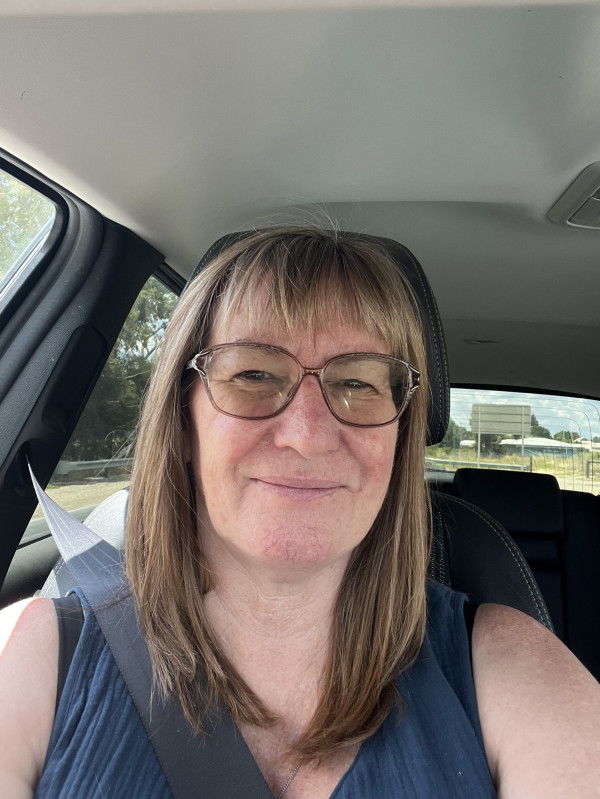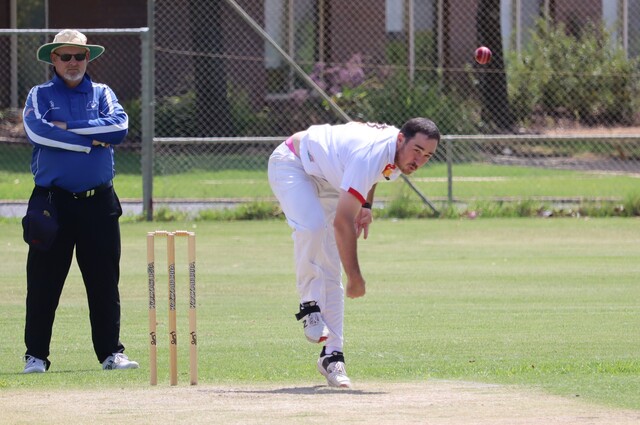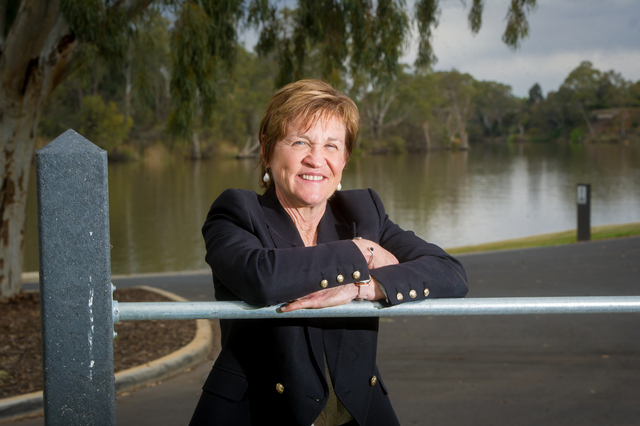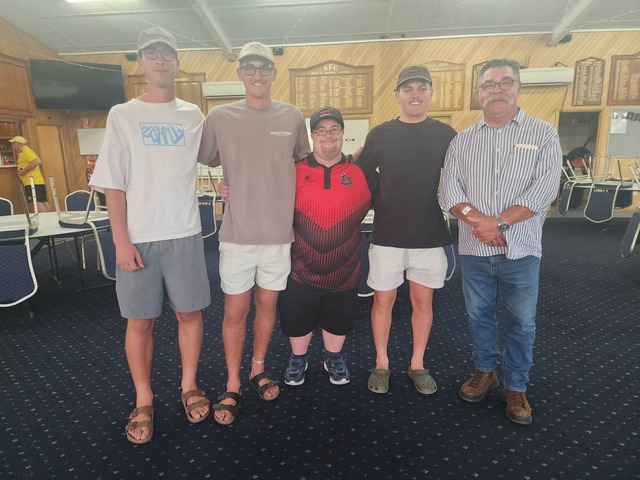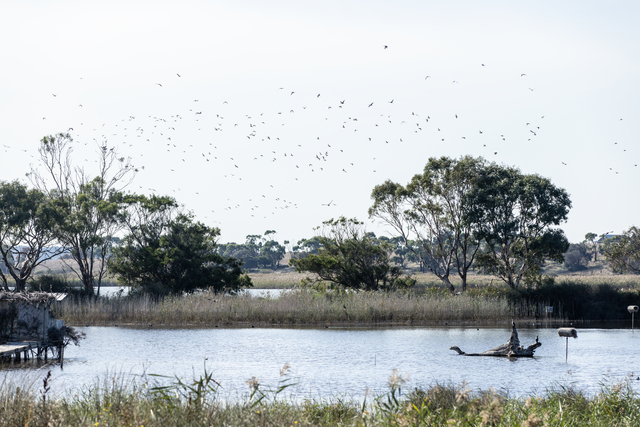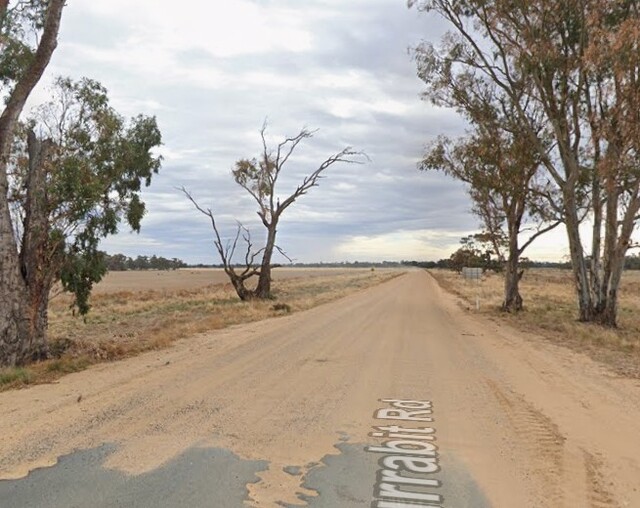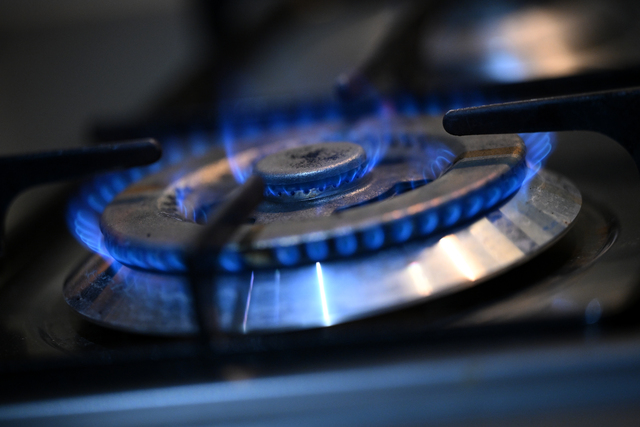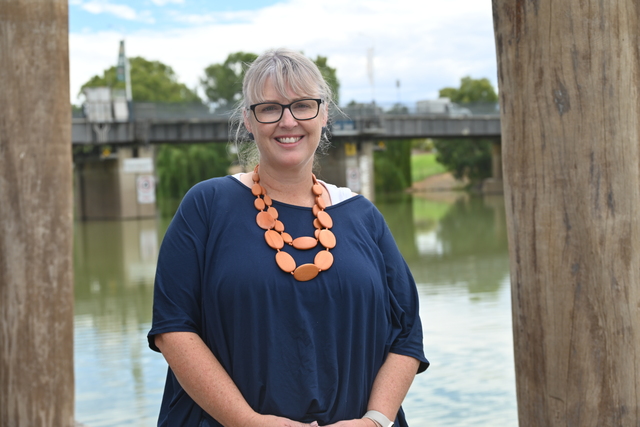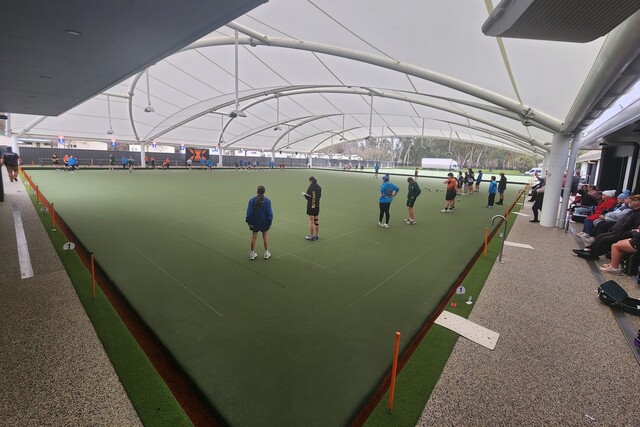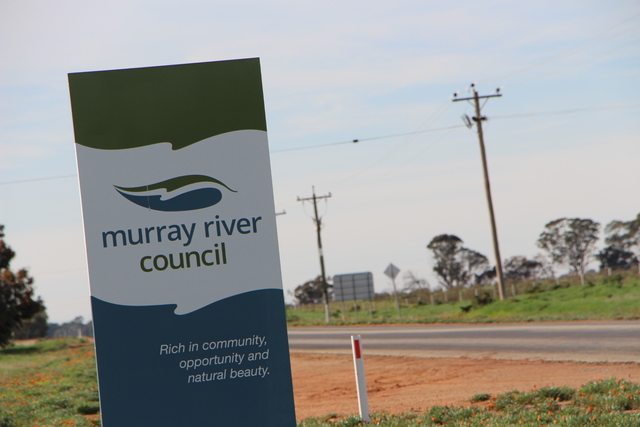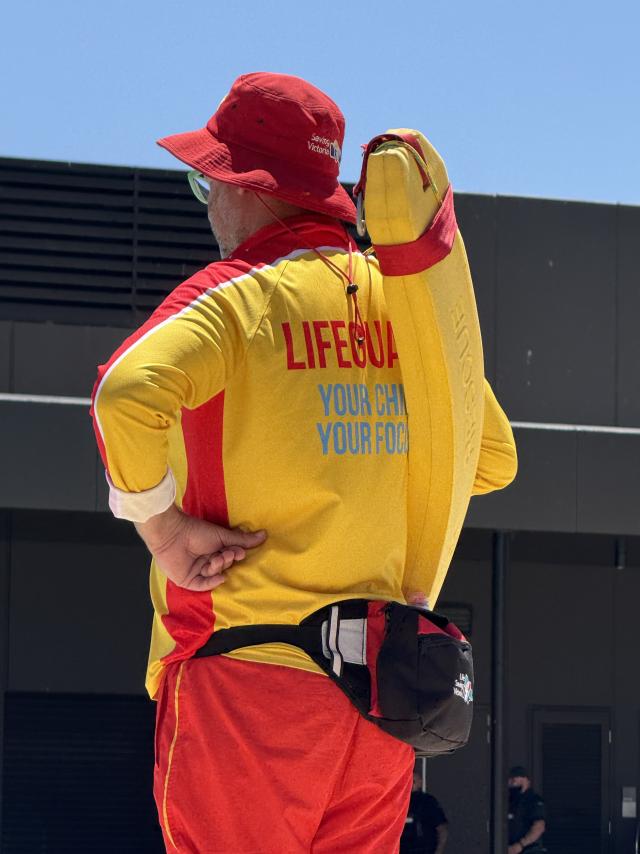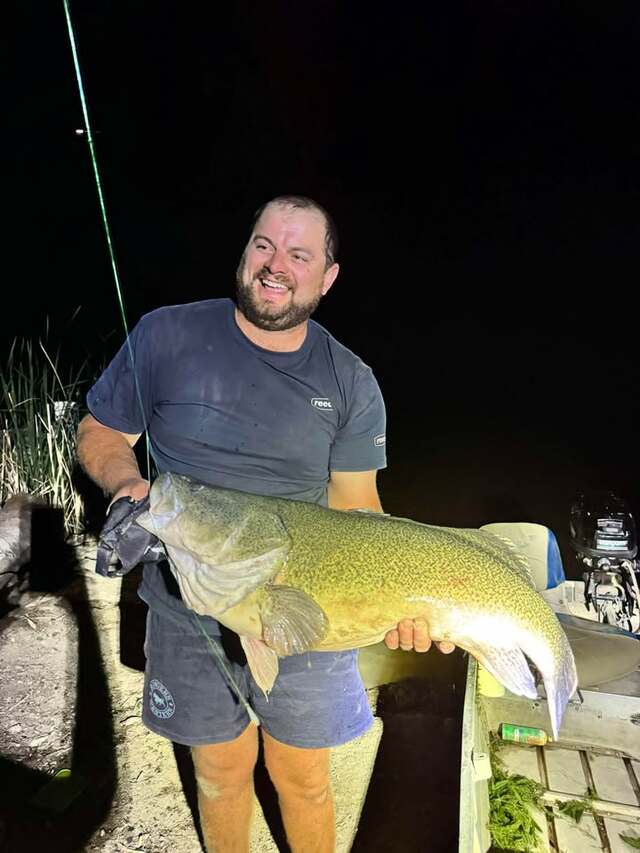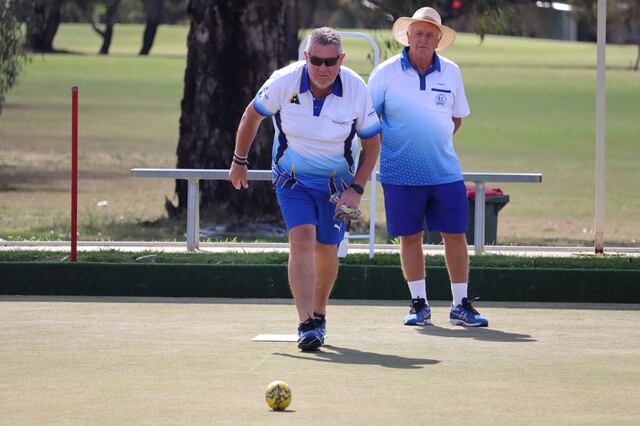WHEN the farm gate milk price plunged expectedly almost six years ago, so did Di Bowles’ mental health.
“I have learnt that you can’t internalise this stuff, you have to speak it out and own it,” the Mead dairy farmer said.
Using her passion for the dairy industry and to encourage positivity during the crisis in April 2016, when farmers had to retrospectively pay money back to then Australia’s largest milk company, Murray Goulburn, Ms Bowles started the Facebook page Show Some Dairy Love.
“At the time of the price crash, we had just bought the neighbour’s farm and we were looking at full expansion and I just remember I was just gutted, we were doing everything the industry wanted us to do, milk more cows, buy more land and it felt like the rug was being pulled out from under us,” she said.
“And on the actual day, it felt like there was nowhere to go, that we were stuffed really.”
At the time Ms Bowles said she was genuinely worried about whether she and her husband would get through the season.
“We hadn’t signed the contract for the neighbour’s farm and to be honest, the guy we bought it off, offered for us to pull out, because my husband was so depressed, but we decided we would do it.
“I remember after we left the solicitor’s office I took a photo of my husband Gary who looked terrible and I said we will look back on this photo in time and think this was the best decision or the worst, and it was the best.”
Since the crisis, Ms Bowles learnt not to carry anger for too long.
“It’s not helpful,” she said, noting she hoped she had become more kind and accepting.
“I really love where I live, we were so blessed in the country during the lockdown because we could go out and still do things, walk in the fresh air.
“I’m also very lucky not not just love my husband, but I like him, he’s a good person to be locked up with.”
Ms Bowles used the pandemic as time to reflect on where she wanted to be and which organisations she wanted to support, one of which was Lifeline Central Victoria and Mallee (LLCVM).
“I joined Lifeline board as someone who is passionate about mental health and wellbeing and totally embrace the organisation’s values of no-one is alone, there is someone to listen,” she said.
“I’ve been touched by depression and mental health issues, both personally and in my family and wider circle of friends.
“I’m interested in good stuff that will genuinely help people, from organisations that have helped me in the past.”
Ms Bowles has over 15 years’ experience on boards, including Regional Development Australia Loddon Mallee, Rural Financial Counselling Victoria West and chair of Murray Primary Health Networks community advisory for Loddon Mallee.
She has previously done a lot of advisory work in the dairy and water space.
“There is a lot of stuff about mental health at the moment, but it needs to be authentic,” Ms Bowles said.
“For me, the only way to move forward is to acknowledge and own it yourself that you have issues.
“It doesn’t mean you are a failure, just you operate in a different way.
“When I was really depressed I had a wise GP who insisted I see a practitioner in Boort, which didn’t make sense to me at the time.
“But, I had to drive there, and drive back and have thinking time before and after, and that was the best advise, because I probably would have just gone to see someone in Cohuna, walked out the door, gone to the supermarket and did five other things and miss that time as thought process.”
Ms Bowles knew the work Lifeline performed, but didn’t know the intricate details of the geographic size and the army of volunteers it took.
“I knew who Lifeline was, but I didn’t realise how big of area they covered … it goes right up to Mildura,” she said.
“It’s a service that is needed, available and when you read the statistics, there are so many people who volunteer, give up their time to take calls.
“I have always cared about how people are travelling and their mental health.”
LLCVM currently has 72 active volunteers providing crisis support via the 13 11 14 hotline.
Last year they answered almost 12,000 calls – a 15 per cent increase on the year prior, and so far this year they’ve answered 9000 calls.
Since the dairy crisis, Ms Bowles and husband Gary have more than doubled their operations and today milk 270 cows.

